
Post by : Monika
On September 29, 2025, the United Arab Emirates (UAE) officially urged Israeli Prime Minister Benjamin Netanyahu to support U.S. President Donald Trump’s new peace proposal for Gaza and warned Israel against annexing parts of the West Bank.
This message was delivered by UAE Foreign Minister Sheikh Abdullah bin Zayed during a high-level meeting with Netanyahu on the sidelines of the United Nations General Assembly in New York.
The UAE’s diplomatic intervention reflects its growing influence in the Middle East and its commitment to preserving peace and stability in the region. The country, which became the first Gulf Arab nation to normalize relations with Israel under the Abraham Accords in 2020, continues to play a mediating role in the Israeli-Palestinian conflict.
While the normalization brought significant diplomatic and economic opportunities for both nations, recent developments concerning Gaza and the West Bank have created challenges that require careful negotiation.
Background on the Abraham Accords
The Abraham Accords of 2020 were a historic agreement that established formal diplomatic, economic, and cultural relations between Israel and the UAE. These accords represented a major shift in Arab-Israeli relations, with several Gulf nations considering or pursuing normalization talks with Israel. The agreement opened new avenues for trade, technology exchange, tourism, and regional security cooperation.
However, the issue of Palestinian statehood and territorial rights has remained a sensitive and unresolved matter. While the UAE has maintained its commitment to peace, it has consistently emphasized the importance of a two-state solution that ensures Palestinian rights and territorial integrity. The UAE’s recent engagement with Netanyahu demonstrates its proactive stance in preventing actions that could destabilize the region or hinder progress toward peace.
Details of Trump’s Gaza Peace Plan
President Trump’s peace proposal is a comprehensive 21-point plan intended to resolve the conflict between Israel and Hamas in Gaza. The plan includes several key measures:
Ceasefire and Violence Reduction: The plan calls for an immediate halt to hostilities from both Israel and Hamas. This measure aims to protect civilians and allow humanitarian assistance to reach those in need.
Hostage Exchange: The plan proposes the release of hostages held by Hamas in exchange for Palestinian prisoners detained by Israel. This exchange is designed to build trust and facilitate further negotiations.
Disarmament of Hamas: Hamas would be required to relinquish weapons and cease military operations. International observers would supervise the process to ensure compliance and prevent future conflicts.
Transitional Governance: A temporary governance structure in Gaza would be established under international supervision. This body, led by appointed experts, would manage daily operations, oversee reconstruction efforts, and ensure the delivery of essential services such as healthcare, education, and utilities.
Pathway to Palestinian Statehood: While the plan does not immediately establish a Palestinian state, it outlines steps that could lead to long-term political solutions, including local elections, administrative reforms, and international oversight of governance.
The UAE has publicly endorsed the plan, emphasizing that it offers a viable path toward peace while addressing the humanitarian crisis in Gaza. By supporting the proposal, the UAE hopes to encourage Israel to act responsibly and avoid unilateral measures that could escalate tensions.
Concerns Over West Bank Annexation
One of the UAE’s primary concerns is Israel’s potential annexation of parts of the West Bank. Annexation would involve extending Israeli sovereignty over Palestinian territories, a move widely regarded as a violation of international law and a major obstacle to peace.
Sheikh Abdullah warned Netanyahu that annexation could undermine the progress made under the Abraham Accords and damage Israel’s relationships with Arab nations, including Saudi Arabia, Egypt, and Jordan.
The UAE stressed that a two-state solution remains essential for a lasting resolution to the conflict. Annexation, according to UAE officials, could inflame regional tensions, provoke protests, and lead to a deterioration in diplomatic relations. The UAE’s intervention highlights its role as a regional mediator and its commitment to protecting Palestinian rights while fostering constructive engagement with Israel.
Netanyahu’s Position and Challenges
Israeli Prime Minister Benjamin Netanyahu faces significant internal pressures from political factions advocating for annexation of parts of the West Bank. Far-right members of his government argue that annexation is necessary to secure Israel’s borders and protect its citizens. However, Netanyahu is also aware of the diplomatic and economic benefits of maintaining strong ties with the UAE and other Arab nations.
By engaging with the UAE and considering Trump’s peace plan, Netanyahu is attempting to balance domestic political demands with international expectations. His willingness to discuss the peace plan and listen to regional partners reflects a pragmatic approach aimed at preserving Israel’s security while avoiding diplomatic isolation.
UAE’s Role in Regional Diplomacy
The UAE has positioned itself as a key player in Middle Eastern diplomacy. Its influence extends beyond the Gulf region, reaching into Europe, Asia, and the broader Arab world. By engaging with Israel, the UAE aims to promote stability, facilitate dialogue between conflicting parties, and encourage the adoption of policies that respect international law and human rights.
The UAE’s support for the Trump peace plan demonstrates its commitment to active diplomacy. It is using its leverage to persuade Israel to pursue a negotiated solution rather than unilateral measures that could trigger violence or disrupt regional cooperation. In doing so, the UAE strengthens its credibility as a mediator and contributes to the larger goal of achieving a comprehensive and sustainable peace in the Middle East.
International Reactions
The Trump peace plan has been closely watched by the international community. European nations, the United Nations, and other Middle Eastern countries have expressed cautious optimism regarding its potential to reduce conflict in Gaza. However, there are also concerns about its feasibility and the reactions of key parties, particularly Hamas and other Palestinian factions.
The UAE’s warning against West Bank annexation resonates with international observers who see annexation as a major impediment to peace. By voicing its concerns, the UAE reinforces the need for multilateral engagement and adherence to international norms. Its stance also encourages other Arab countries to maintain a balanced approach, supporting negotiations while protecting Palestinian rights.
Humanitarian Considerations
The ongoing conflict in Gaza has created a severe humanitarian crisis. Thousands of families have been displaced, and access to food, clean water, healthcare, and shelter remains limited. Schools, hospitals, and essential infrastructure have been damaged or destroyed.
The Trump peace plan aims to address these humanitarian challenges by implementing a ceasefire, ensuring the safe return of hostages, and establishing a transitional governance structure to manage aid delivery. The UAE has emphasized the importance of prioritizing the needs of civilians and ensuring that reconstruction efforts are equitable and efficient.
Economic and Security Implications
The potential annexation of the West Bank carries significant economic and security implications. Annexation could lead to international sanctions, disrupt trade relations, and provoke regional instability. For Israel, maintaining cooperation with the UAE and other Arab nations is crucial for economic growth, energy projects, tourism, and security partnerships.
By discouraging annexation, the UAE is encouraging Israel to focus on negotiation and multilateral solutions rather than unilateral actions that could isolate it diplomatically. This approach seeks to balance Israel’s security needs with the broader objective of achieving a sustainable peace that benefits all parties in the region.
The UAE’s call for Netanyahu to support Trump’s Gaza peace plan and refrain from West Bank annexation underscores the complex dynamics of Middle Eastern diplomacy. As a leading Arab nation, the UAE is leveraging its influence to promote stability, protect Palestinian rights, and encourage constructive engagement between Israel and regional partners.
The success of the peace plan depends on Israel’s willingness to cooperate, the responses of Palestinian factions, and the support of the international community. The UAE’s intervention highlights the importance of regional actors in shaping outcomes and ensuring that diplomatic efforts lead to meaningful and lasting solutions.
As the situation evolves, both Israel and the UAE will play crucial roles in determining the future of peace and stability in the Middle East. The coming weeks and months will be critical in assessing whether the Trump peace plan can deliver on its promises, prevent further escalation, and provide a pathway toward a secure and prosperous region for both Israelis and Palestinian
UAE United Arab Emirates Israel
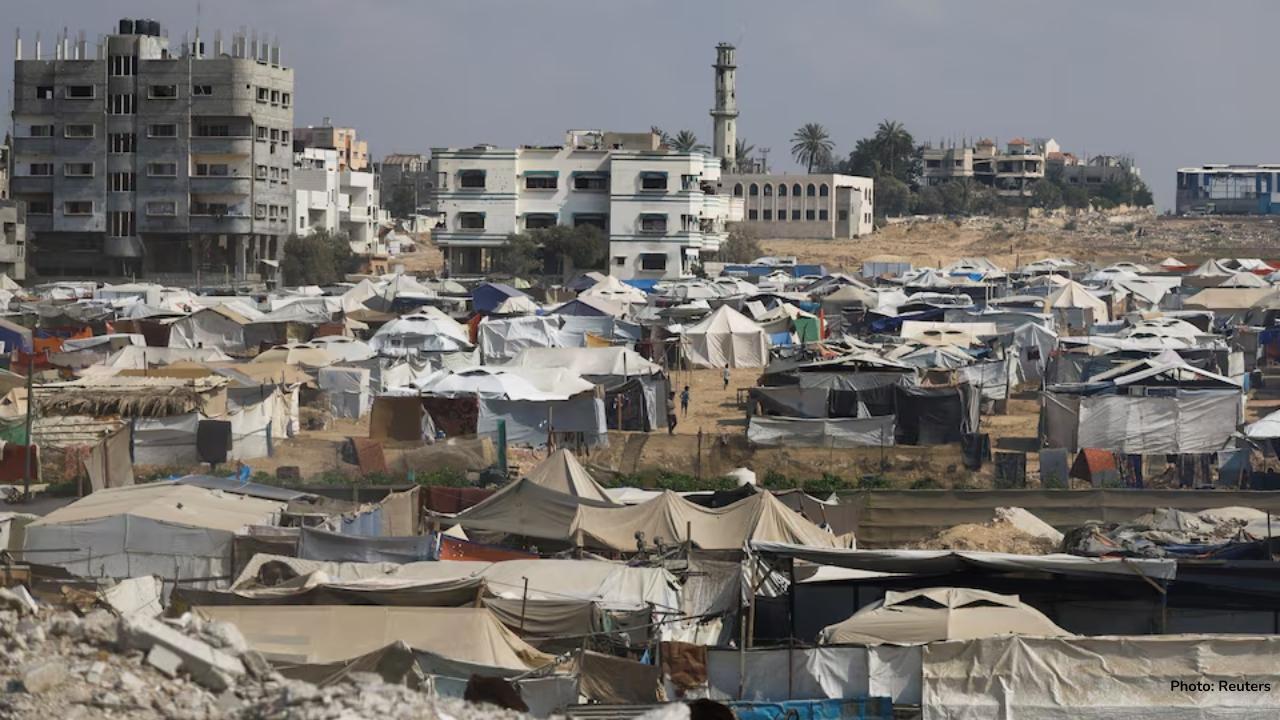
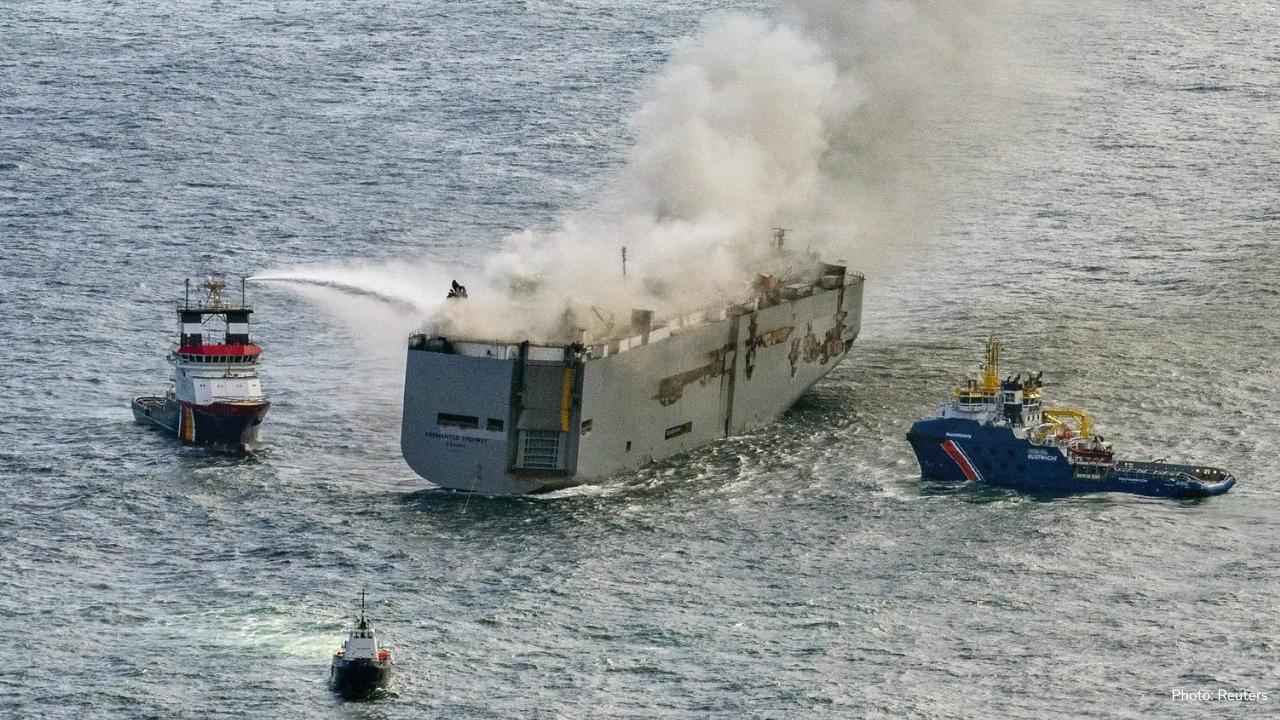

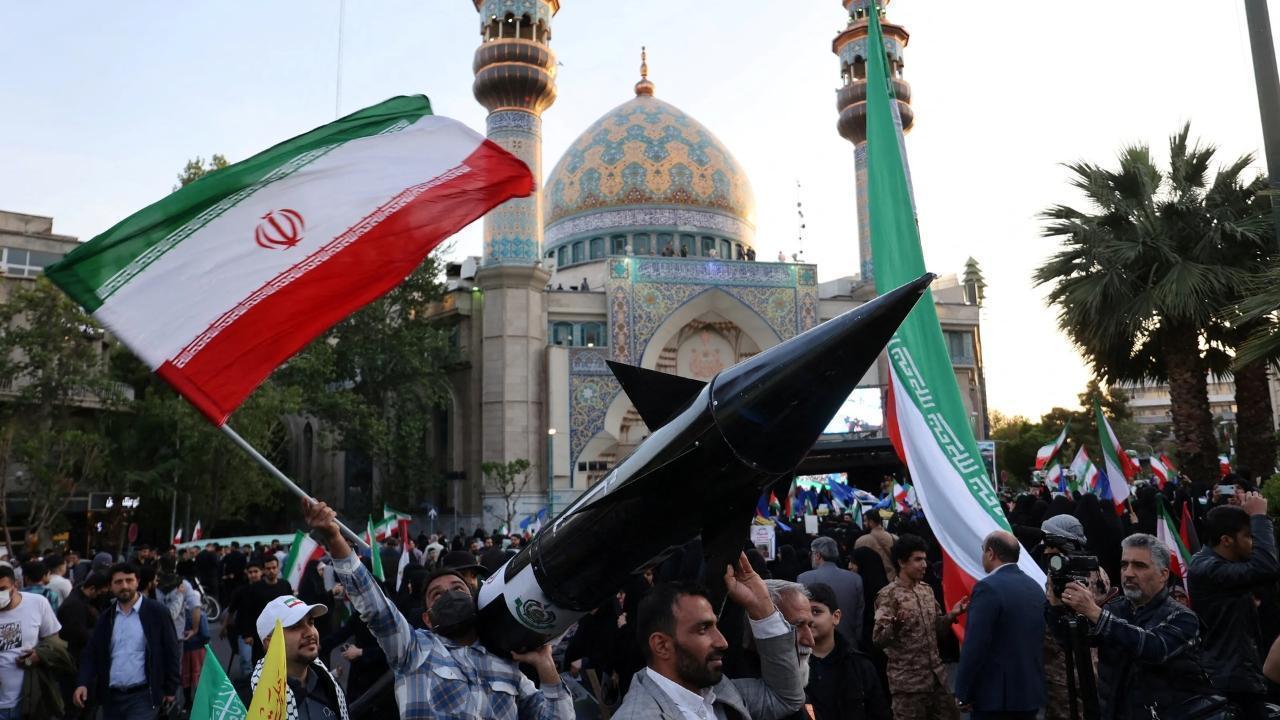
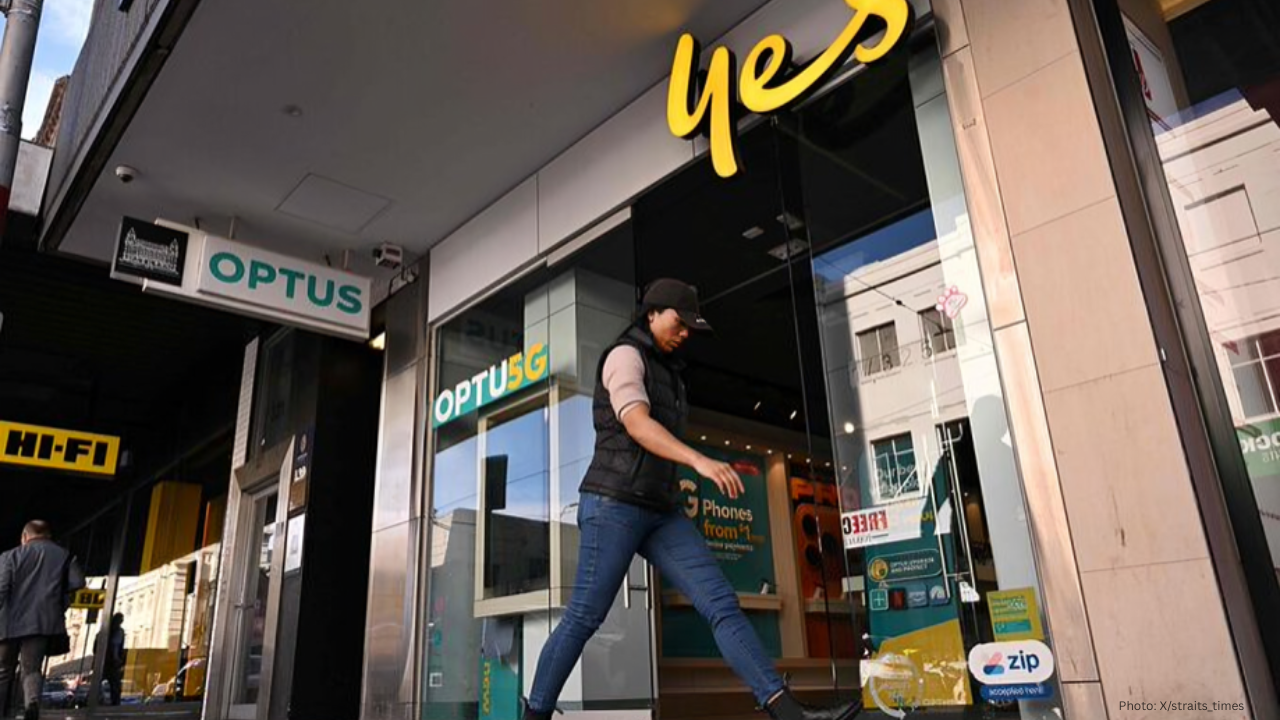
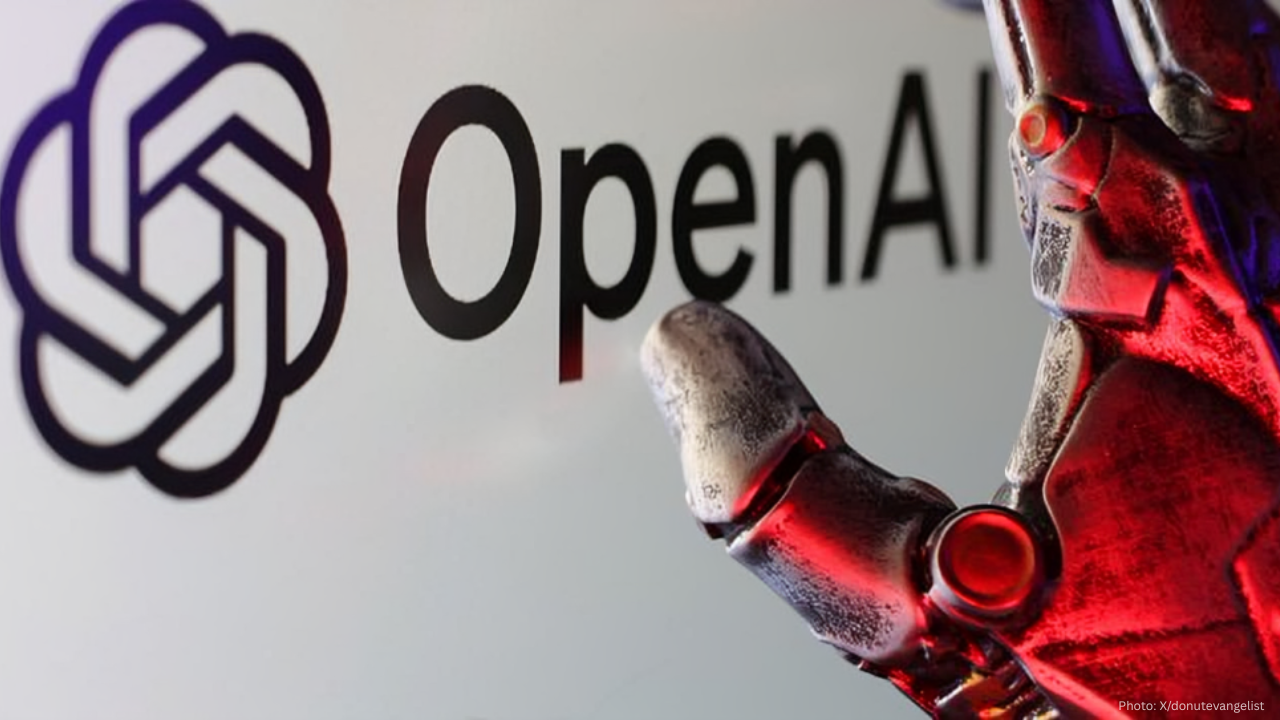
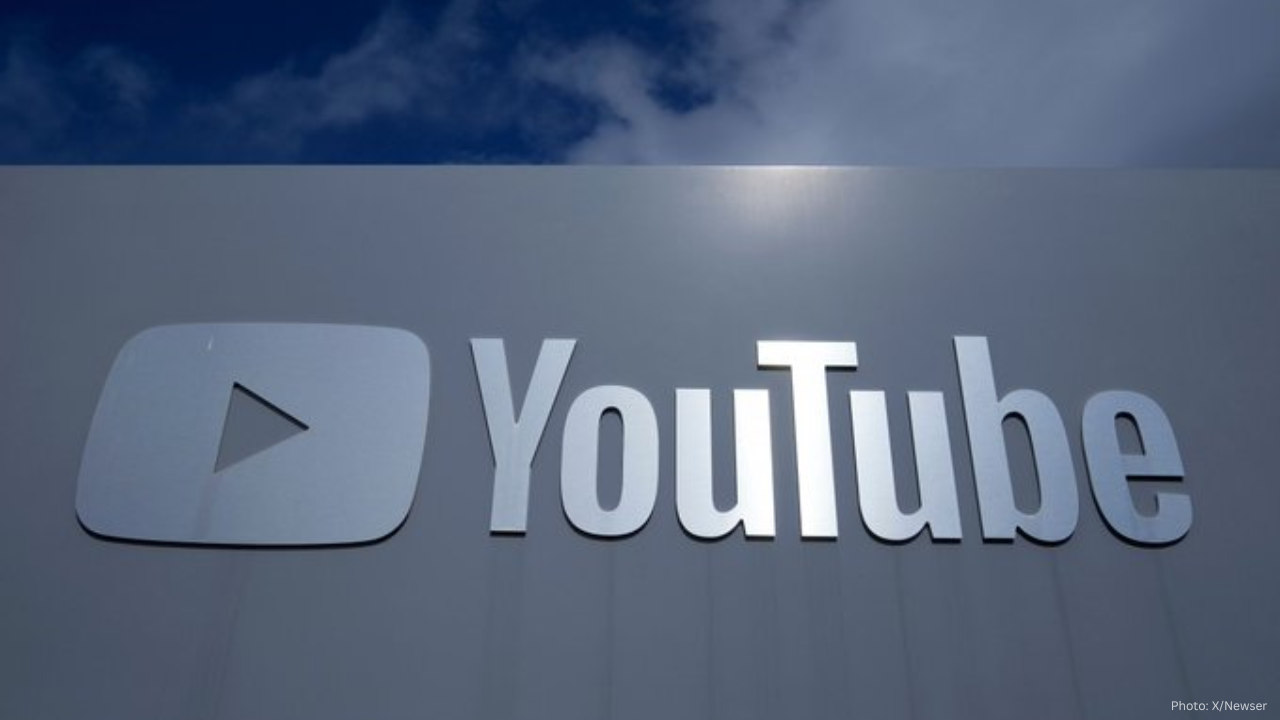

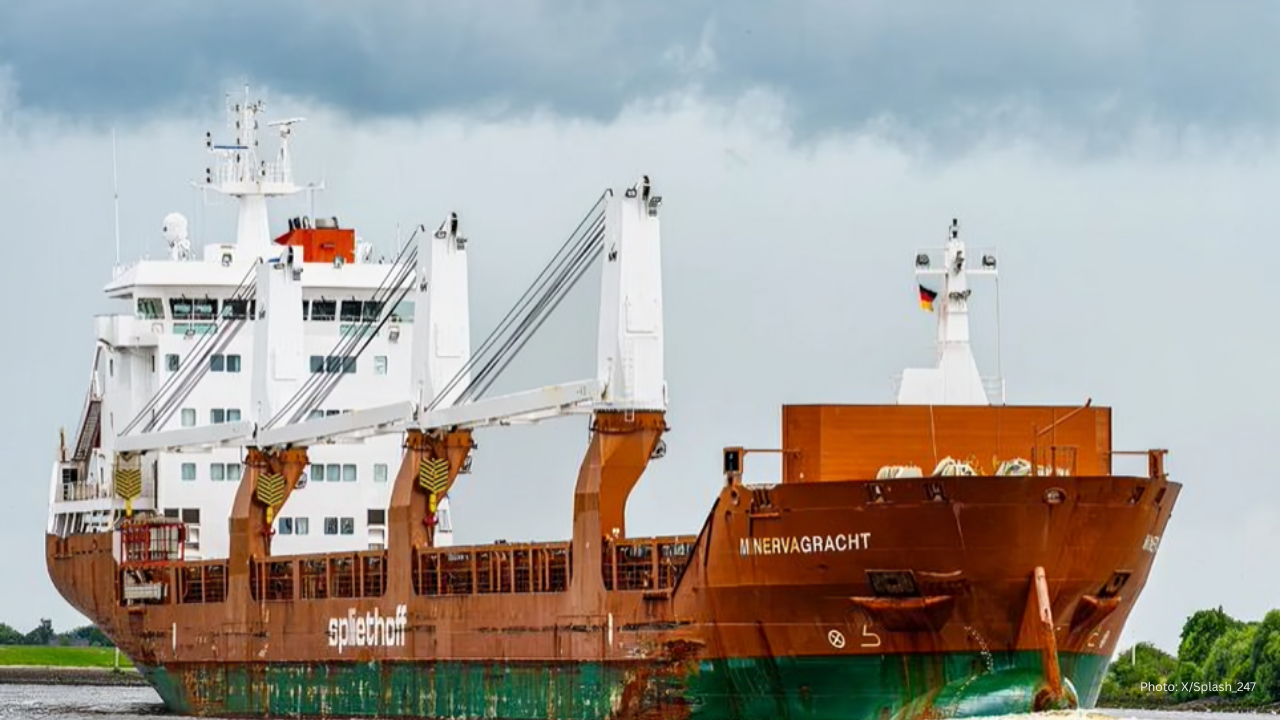

Palestinian Authority's Role in UN Two-State Plan Explained
UN-backed plan outlines Palestinian Authority's role in Gaza governance, peace efforts, and state-bu

Dutch Ship Hit by Explosion Near Yemen, Crew Rescued
Dutch-flagged cargo ship Minervagracht attacked near Yemen's Aden; two crew injured, vessel on fire,

UAE Urges Netanyahu to Support Trump’s Gaza Peace Plan
UAE calls on Netanyahu to back Trump's Gaza peace plan and warns against West Bank annexation, empha

US Deports 100 Iranians After Agreement with Tehran
The U.S. has deported 100 Iranians to Iran following a deal with Tehran. A U.S. flight departed from

Trump and Blair Lead New Gaza Peace Plan
U.S. unveils peace plan for Gaza with Trump and Blair leading. Hamas excluded. Plan includes ceasefi
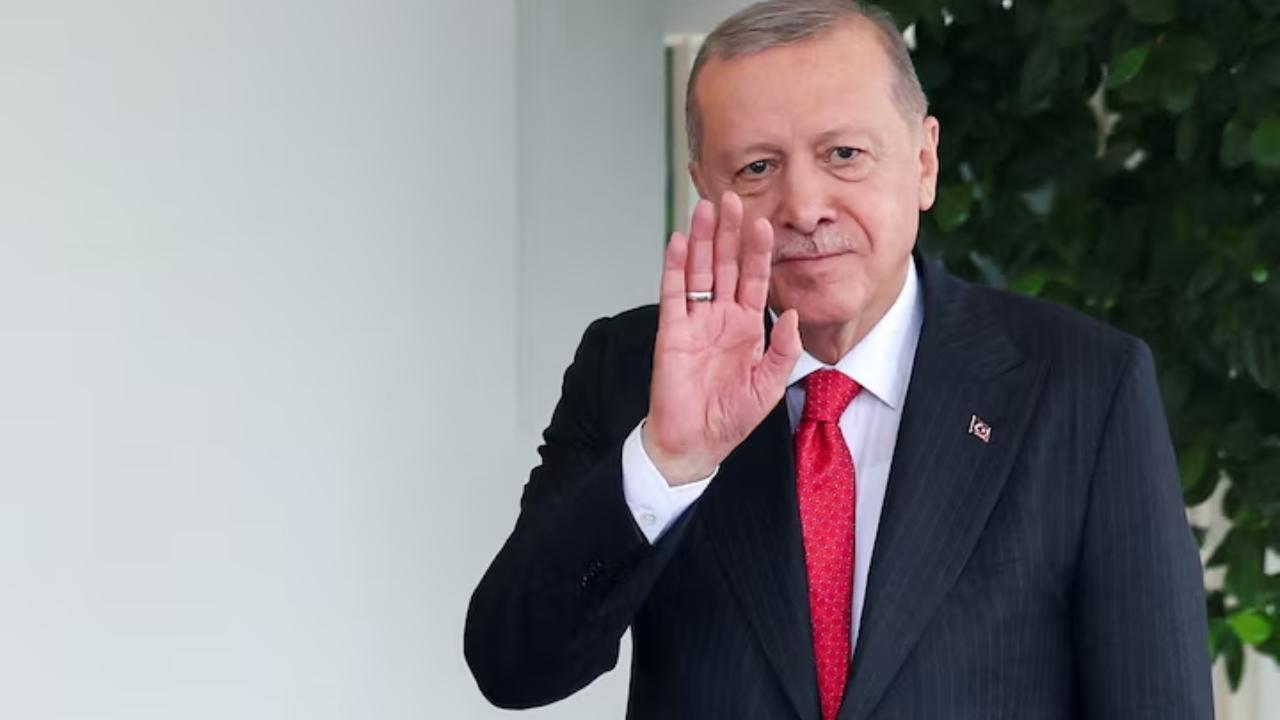
Erdogan Praises Trump's Efforts to End Gaza War
Turkey's Erdogan commends Trump's leadership in securing Gaza peace deal. Hamas's response pending.